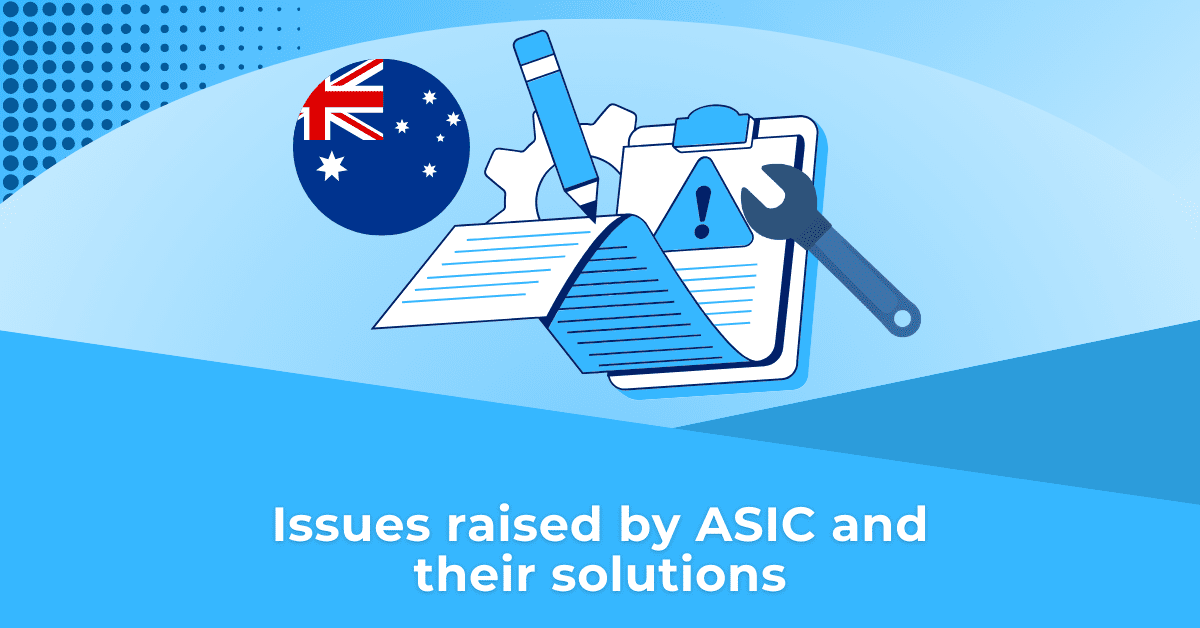Firms conducting business in the European Economic Area may be subject to multiple sets of reporting obligations and need to review both regimes. European Market Infrastructure Regulation (EMIR) standards, as well as the Markets in Financial Instruments Directive II (MiFID II) and Markets in Financial Instruments Regulation (MiFIR), have a broad applicability across many types of financial products.
Why are there two types of reporting?
EMIR is concerned with monitoring systemic risk whereas MiFIR is focused on market integrity and tackling market abuse.
Since there is a fundamental difference in what these regimes are looking to achieve, there is different data that needs to be reported under each regime and neither covers the obligations of the other. Where investment firms execute a transaction in applicable instruments under both regimes, there will be a requirement to submit transaction reports for both.
MiFID II/MiFIR Transaction Reporting
There are two separate pieces of legislation:
- MiFIR regulation (2014/600/EU) – directly applicable in each EU member state; and
- MiFID II directive (2014/65/EU) – required transposition into the national law of each member state.
MiFIR/MiFID II commenced on 3 January 2018 and replaced MiFID I. Its aim is to enhance the efficiency and integrity of the financial markets across the European Union.
The transaction reporting obligations under MiFID I were focused on financial instruments traded on a regulated market and derivatives linked to such financial instruments. MiFIR features a significant increase in the scope of firms’ reporting obligations by expanding the reporting requirement to cover nearly all instruments traded on trading venues – regulated markets (RMs), Multilateral Trading Facilities (MTFs) and Organised Trading Facilities (OTF) – and financial instruments whose immediate underlying is admitted to trading on such venues even when these instruments are traded off-venue e.g. OTC.
EMIR Reporting Obligations
EMIR is the European Union legislation for the regulation of OTC derivatives. The regulation includes risk management standards, requirements for reporting derivative contracts and established common rules for trade repositories. The requirement to report derivatives transactions to trade repositories under EMIR came into force in February 2014.
In November 2017, the new Regulatory Technical Standards (RTS) and Implementing Technical Standards (ITS) came into force, creating significant change for EMIR trade reporting. The standards changed the information required to be reported, reporting requirements for combinations of derivative contracts, valuation information and record-keeping requirements.
TRAction Fintech can help you to understand and streamline your reporting obligations under and can simplify compliance by reporting on your behalf. Please contact us for further information.




